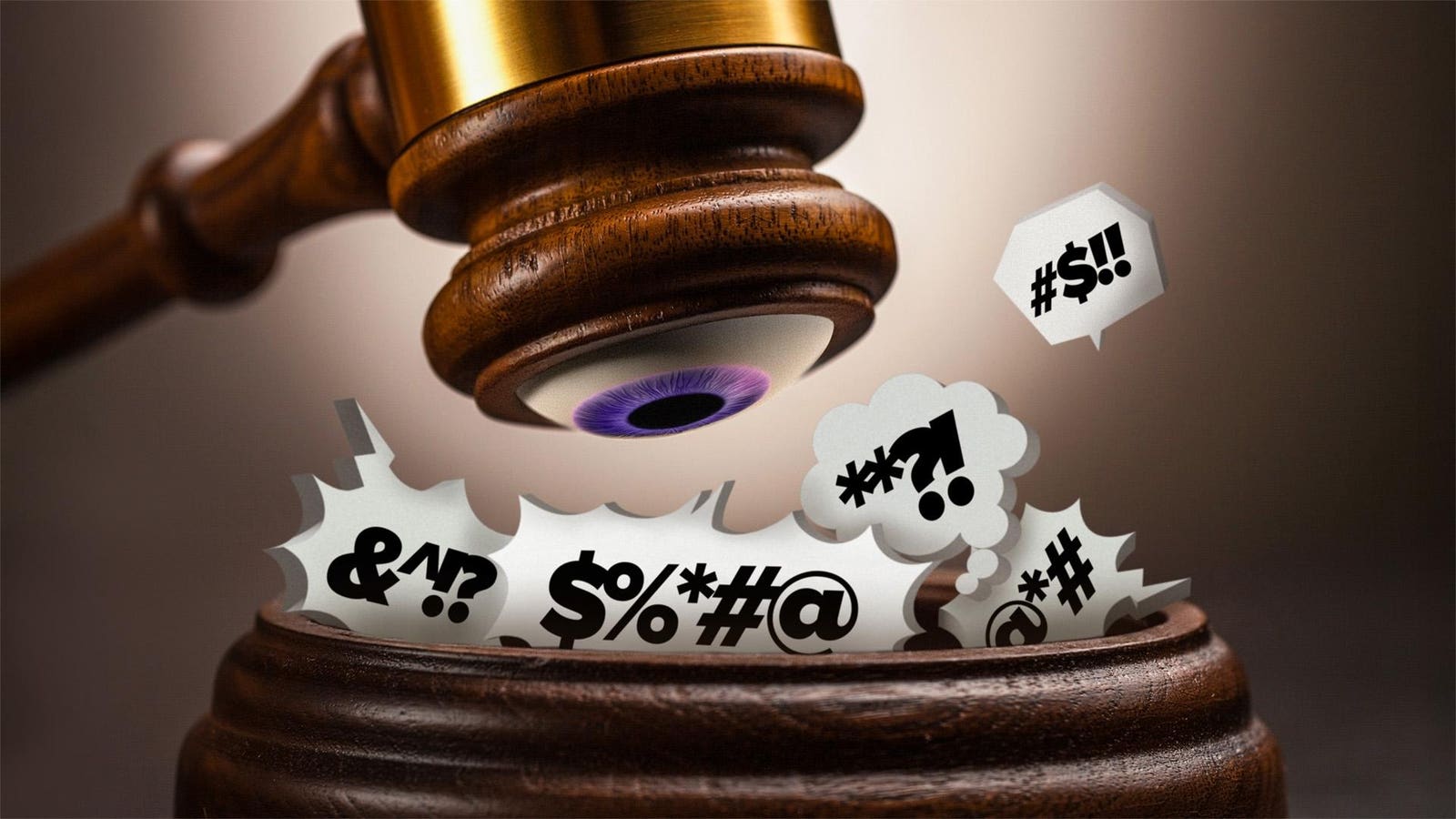The productization of legal risk
AI-powered legal risk discovery transforms class action economics from reactive case finding to proactive violation scanning, making corporate compliance gaps discoverable by external parties at scale.

The productization of legal risk is happening faster than I expected, and Darrow's $40 million Bumble win shows how AI changes the economics of class action discovery. The startup scans privacy policies and consumer complaints, then estimates settlement values and success probability for each opportunity. Co-founder Evyatar Ben Artzi calls legal risks "future cash flows with probability weights"—a builder's perspective that's reshaping how attorneys source cases.
What's interesting is the shift from reactive to proactive risk detection. Darrow's models examine corporate behavior against legal standards before violations turn into lawsuits, which means your compliance gaps are more easily spotted by external parties. The company identifies 100-200 new cases each quarter, encompassing data privacy, ERISA violations, and environmental issues.
The controversial part—taking attorney fee cuts through Arizona co-counsel arrangements—shows how regulatory differences create business model opportunities. But the core insight stands: systematic scanning for legal violations is now automated and economically viable. Internal legal teams need their own proactive scanning capabilities because assuming external discovery won't find your risks is no longer a safe bet.



